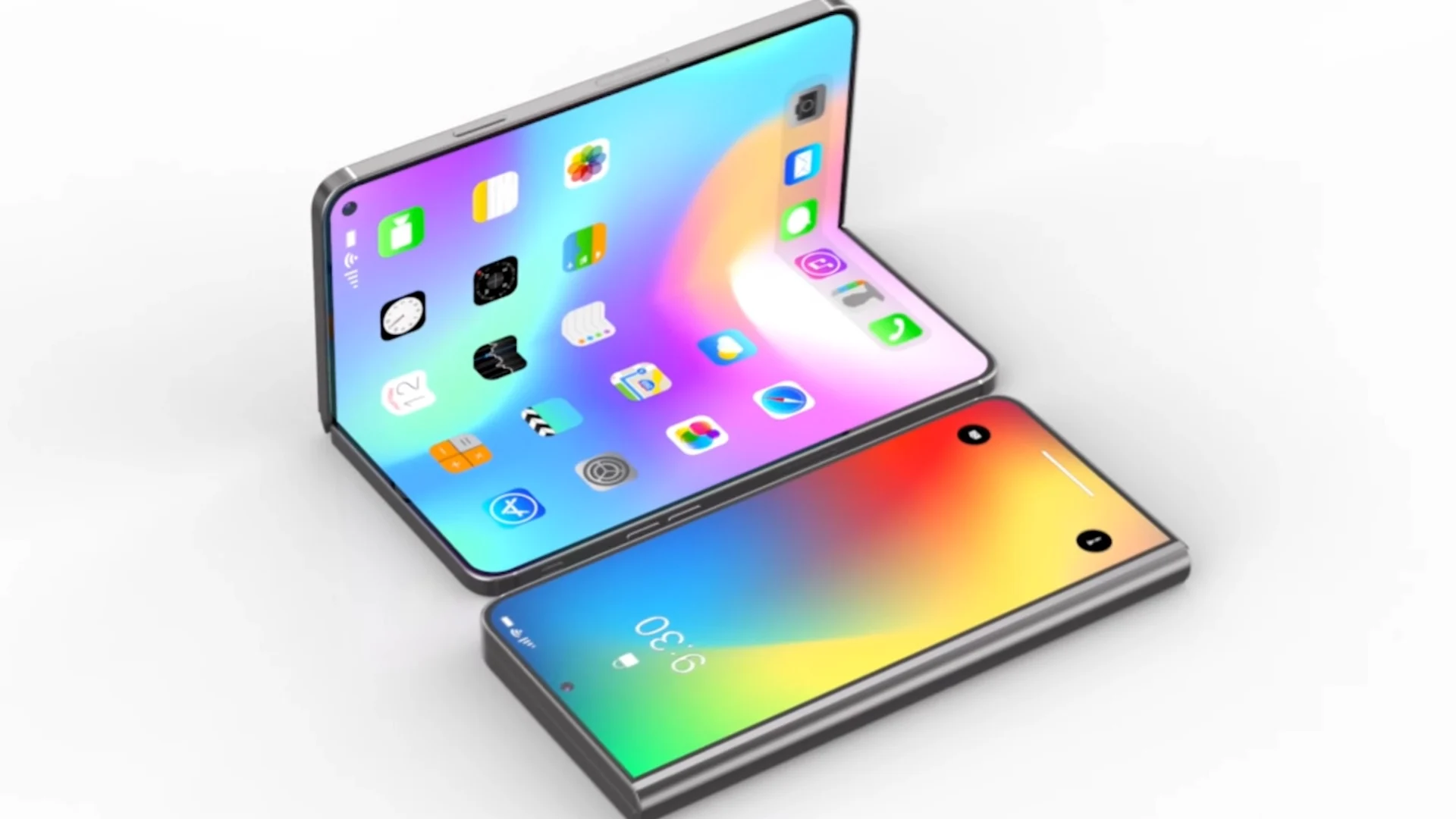The tech world is constantly abuzz with rumors and speculation about upcoming devices, and Apple is no exception. Recent whispers suggest exciting updates for both the Apple TV and HomePod mini this year, alongside a glimpse into the future of the MacBook Pro. Let’s dive into what these potential developments might entail.
A Shared Upgrade for Apple TV and HomePod mini
Reports indicate that the upcoming Apple TV and HomePod mini will share a key component: a combined Wi-Fi and Bluetooth chip developed by Apple. This chip is rumored to support Wi-Fi 6E, a significant upgrade that extends the capabilities of Wi-Fi 6 to the 6 GHz band. This enhancement promises faster wireless speeds and reduced signal interference, especially beneficial for streaming high-quality video on the Apple TV. While the current Apple TV already supports Wi-Fi 6, this upgrade would bring it in line with the latest wireless standards. The inclusion of Wi-Fi 6E in the HomePod mini is less certain, as Apple has historically used older Wi-Fi versions in its smart speakers.
Beyond connectivity, the next Apple TV is expected to receive a performance boost with a newer A-series chip. The current model utilizes the A15 Bionic chip, but with the release of newer chips like the A16, A17 Pro, A18, and A18 Pro, an upgrade seems inevitable. This would translate to smoother navigation, faster app loading times, and improved gaming performance.
Pricing could also be a pleasant surprise for consumers. Rumors suggest Apple might aim for a sub-$100 starting price for the next Apple TV, making it a more competitive option in the streaming device market.
While no major design changes are anticipated for the Apple TV, there have been discussions about incorporating a built-in camera in future iterations. This addition would seamlessly integrate with the FaceTime app introduced in tvOS 17, enabling video calls directly from the TV without relying on external devices like iPhones or iPads.
The next HomePod mini is also rumored to receive several enhancements, including a newer “S” chip for improved processing power, enhanced sound quality, an updated Ultra Wideband chip for smoother Handoff experiences, and potentially new color options. Given that the current HomePod mini was released in 2020 and uses the S5 chip from the Apple Watch Series 5, an upgrade is certainly due.
Adding to the smart home ecosystem, Apple is reportedly developing a new smart home hub with a roughly six-inch display. This device could be wall-mounted or attached to a tabletop base with a speaker, blurring the lines between a smart display and a HomePod mini.
Looking Ahead: The Future of the MacBook Pro
While the 2024 MacBook Pro models received a significant overhaul with M4 chips, Thunderbolt 5 ports, and display updates, rumors suggest even more substantial changes are on the horizon.
One of the most anticipated changes is the introduction of OLED displays. Several sources indicate that 2026 could be the year we see the first MacBook Pros with this technology. OLED displays offer numerous advantages over the current mini-LED screens, including increased brightness, higher contrast ratios with deeper blacks, improved power efficiency, and potentially longer battery life.
This switch to OLED could also pave the way for a thinner and lighter MacBook Pro design. Apple has been focusing on creating thinner devices without compromising battery life or functionality. This pursuit of thinness raises questions about how Apple will balance this with the reintroduction of ports in the 2021 redesign.
Another potential design change is the removal of the notch in favor of a punch-hole camera. This would provide more usable screen real estate and a cleaner aesthetic.
Connectivity could also see a major upgrade with the potential inclusion of a 5G modem. Apple has been developing its own custom 5G chip, and after initial testing in other devices, it might make its way to the Mac lineup as early as 2026. This would enable cellular connectivity for MacBook Pro users, offering greater flexibility and mobility.
Finally, the 2026 MacBook Pro models are expected to feature M6 series chips. While the 2025 models are predicted to have a modest performance increase with M5 chips, the M6 could bring more significant advancements, potentially utilizing a new packaging process like WMCM (Wafer-Level Multi-Chip Module) for even greater integration and performance.
These potential upgrades paint an exciting picture for the future of Apple’s devices. While these are still based on rumors and reports, they offer a tantalizing glimpse into what we might expect in the coming years. Only time will tell which of these predictions will come to fruition, but one thing is certain: Apple continues to push the boundaries of technology and innovation.






